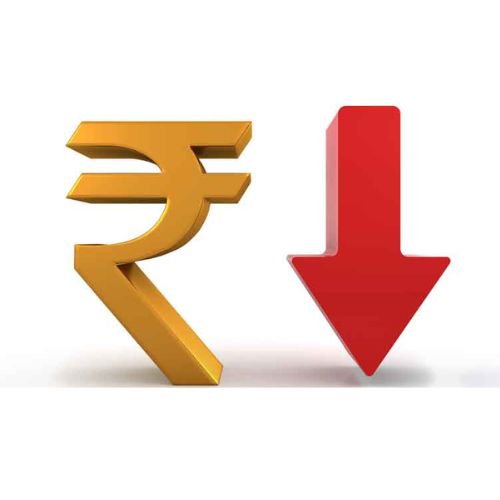In a surprising move, the Indian government has decided to lower the import duties on refined soybean oil and refined sunflower oil. This decision comes as a stark contrast to the market’s expectations, as many anticipated a duty hike. The objective behind this action is to curb food inflation, especially considering the recent decline in both domestic and international edible oil prices.
Furthermore, concerns about the 2023 southwest monsoon in an El Nino year and the upcoming elections have influenced the government’s decision-making process.

Import Duty Reduction on Refined Oils:
The import duty on refined soybean oil has been reduced from 17.5% to 12.5%, while a similar proportionate reduction has been implemented for refined sunflower oil. The unexpected decision to decrease duties has surprised market participants who were bracing themselves for an increase. Traders interpret this move as a reflection of the government’s significant concerns regarding food inflation, particularly in light of the approaching election year and uncertainties surrounding the 2023 southwest monsoon. The southwest monsoon has been significantly deficient, with a 53% shortfall recorded until June 14.
Impact on Market Sentiment:
Despite the duty reduction, some traders believe that the duty differential between crude and refined soybean and sunflower oil remains substantial enough to discourage immediate shipments. Import duties on crude soybean oil, sunflower oil, and palm oil stand at approximately 5.50%. The government’s primary objective is to maintain the prices of edible oils under control. Although the lesser duty difference between crude and refined oils may have a temporary sentimental impact on the market, it is unlikely to result in a surge in shipments of refined oils due to commercial viability concerns.

Declining Edible Oil Prices:
Recent data reveals a considerable decline in the landed prices of imported edible oils in India. The price of imported palm oil is currently around $805 per tonne, marking a 46% decrease compared to the same period last year. Similarly, imported soybean oil is priced at around $970 per tonne, reflecting a 43% drop from last year, while imported sunflower oil is priced at approximately $860 per tonne, representing a significant 55% decrease from the previous year.
Import Statistics:
India’s import of edible oils has experienced an upward trend. During April 2023, the nation procured approximately 1.05 million tonnes of edible oils, signifying a notable 15% surge compared to the corresponding period in the previous year. Between November and April, encompassing the 2022-23 edible oil year, imports amounted to 8.11 million tonnes, denoting a substantial growth of 21% in comparison to the same period in the preceding year. Throughout the previous edible oil year (2021-22), India acquired over 14 million tonnes of edible oils, with palm oil constituting 56% of the total imports. The primary sources of palm oil were Malaysia and Indonesia.
Conclusion:
The Indian government has astounded the market with its unexpected decision to decrease import tariffs on refined soybean oil and refined sunflower oil. This action aims to address the issue of food inflation in light of the decreasing prices of both domestic and international edible oils. The decision also reflects concerns related to the forthcoming elections and uncertainties surrounding the deficient 2023 southwest monsoon season.
While this reduction in duties might have a temporary impact on market sentiment, the substantial difference in tariffs between crude and refined oils is expected to prevent a sudden surge in shipments of refined oil. Given the recent increase in the import of edible oils, the government’s objective is to maintain price stability and ensure a consistent supply of essential commodities for the Indian population.















